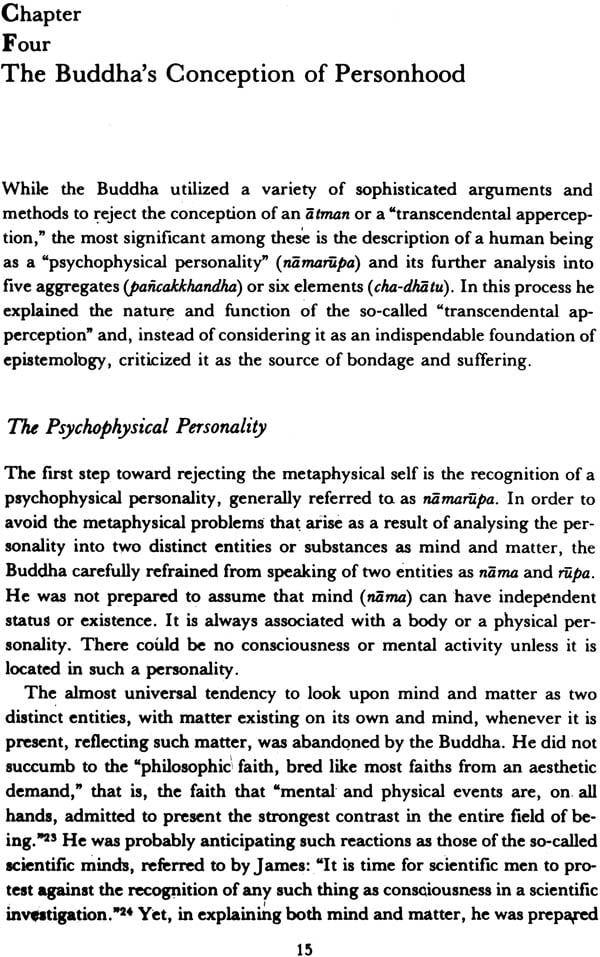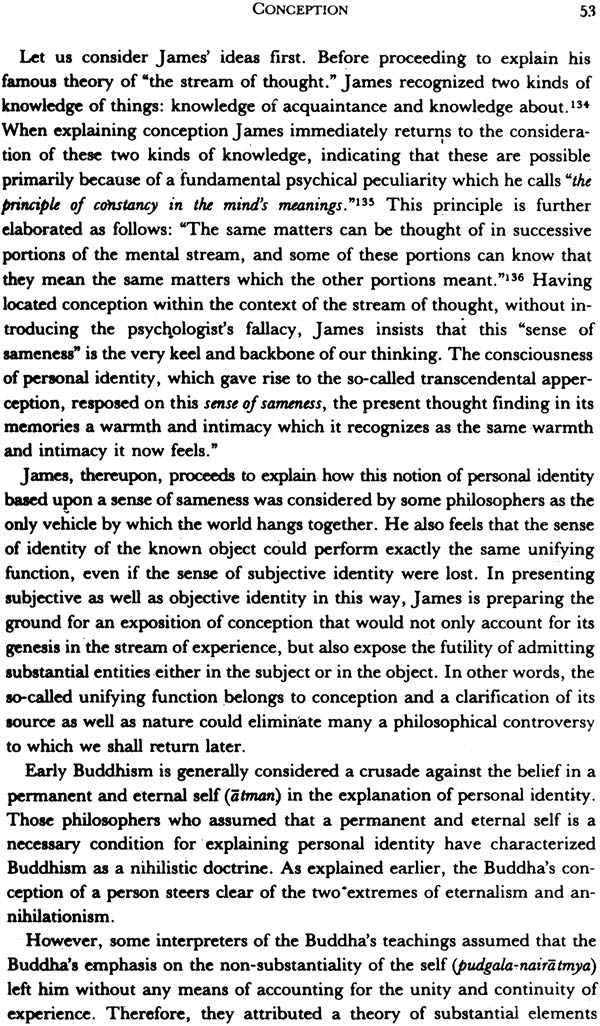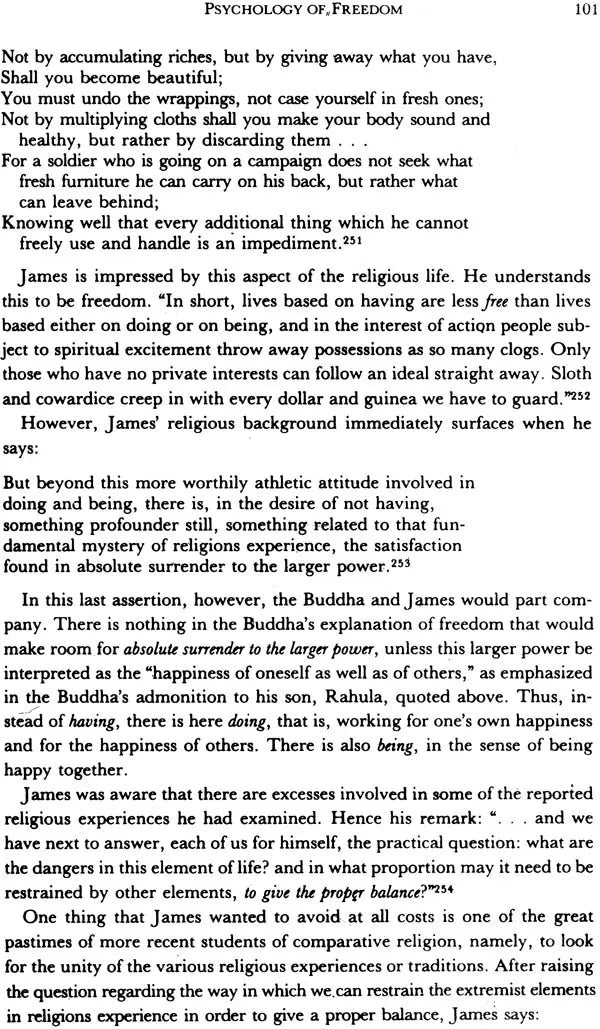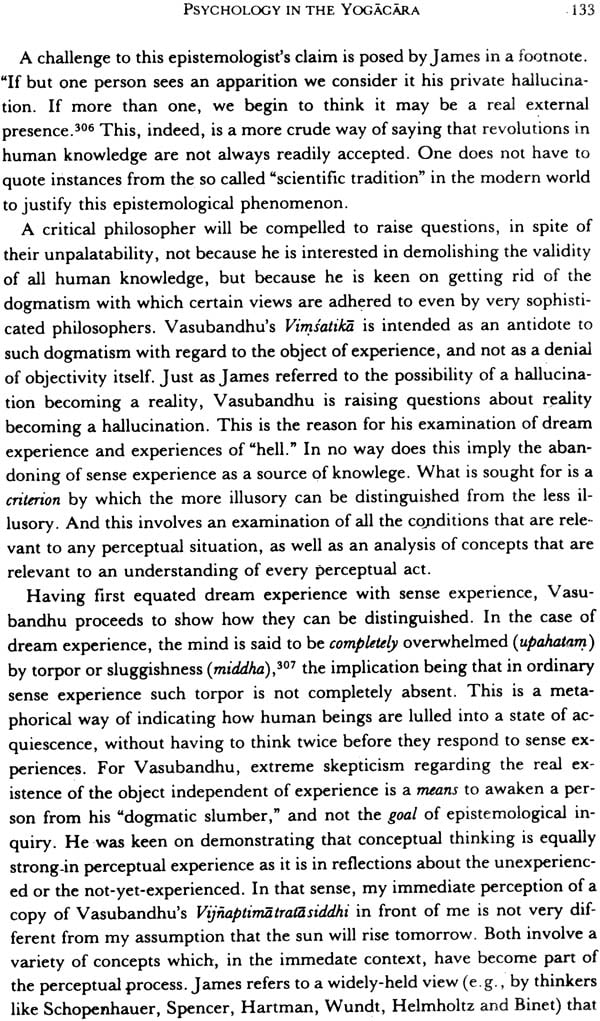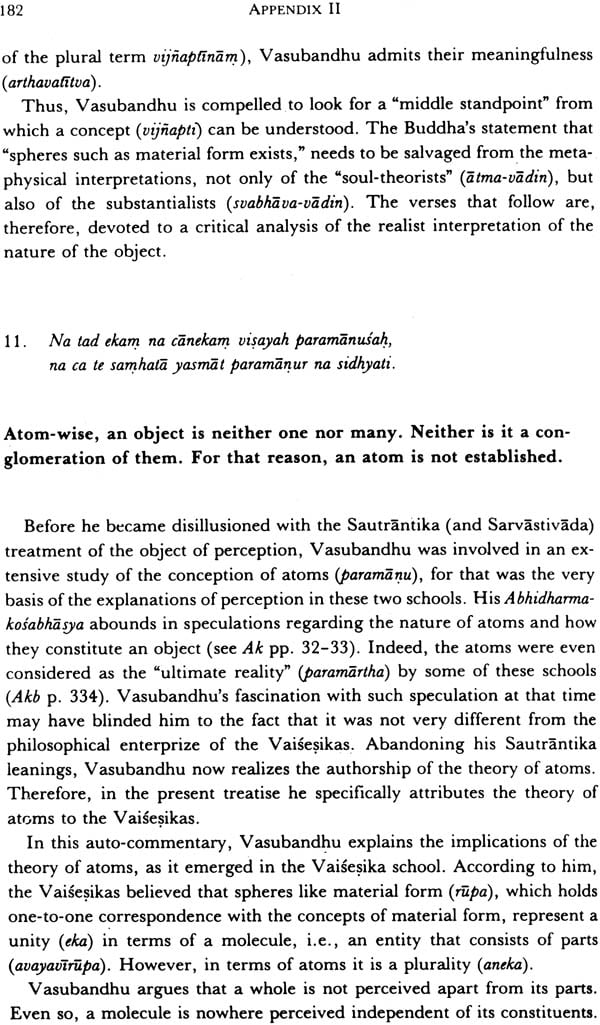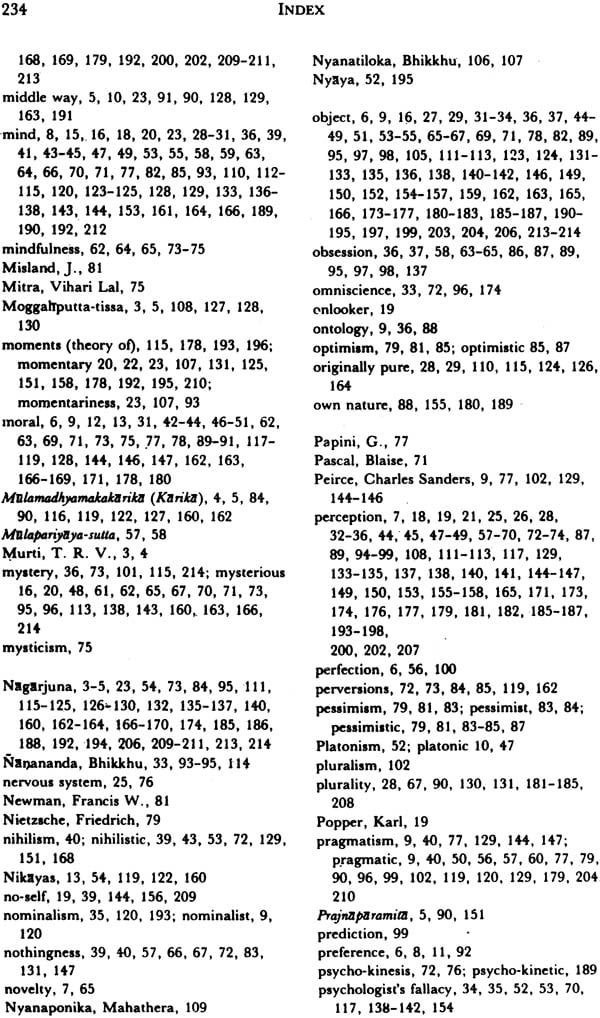Principles of Buddhist Psychology
Principles of Buddhist Psychology is backordered and will ship as soon as it is back in stock.
Couldn't load pickup availability
Genuine Products Guarantee
Genuine Products Guarantee
We guarantee 100% genuine products, and if proven otherwise, we will compensate you with 10 times the product's cost.
Delivery and Shipping
Delivery and Shipping
Products are generally ready for dispatch within 1 day and typically reach you in 3 to 5 days.
Title: Buddhist Psychology: A Modern Perspective
Author: David J. Kalupahana
Publisher: Sri Satguru Publications
Language: English
Edition: 1992
ISBN: 9788170303220
Pages: 250
Cover Type: Hardcover
Dimensions: 22.5 cm x 14.5 cm
About the Book:
"Buddhist Psychology: A Modern Perspective" by David J. Kalupahana, a renowned professor of philosophy at the University of Hawaii, offers a bold and original interpretation of early Buddhist thought through the lens of Western empiricism. Drawing extensively from the teachings of the Buddha and juxtaposing them with the psychological insights of William James, this scholarly work bridges Eastern philosophy with Western psychological traditions.
The book is divided into two key parts:
-
Part I: Explores psychological concepts grounded in the teachings of the Buddha, focusing on introspection, empiricism, and ethical cognition—showing clear parallels with the pragmatism of William James.
-
Part II: Examines how later Buddhist scholars such as Nagarjuna, Moggaliputtatissa, and Vasubandhu preserved, revised, or expanded on the Buddha’s original insights, often returning to their empirical roots.
Key Highlights:
-
A detailed comparison of Buddhist and Jamesean psychology, emphasizing experience-based understanding over transcendental or mystical interpretations.
-
Analytical studies of important Mahayana texts including Maitreya’s Madhyāntavibhāga and Vasubandhu’s Vijñaptimātratāsiddhi, included as appendices.
-
Challenges the idea of Buddhist psychology as mystical or ineffable, and instead positions it as a rigorous, philosophical system grounded in observable reality.
Why This Book is Unique:
-
Offers a non-transcendental, non-absolutist interpretation of Buddhist thought—refreshing and accessible to Western philosophical readers.
-
Written in clear, lucid prose, making complex Buddhist psychological ideas understandable to students, scholars, and anyone interested in the intersection of Buddhism, psychology, and philosophy.
-
A critical response to common misinterpretations of Buddhism as purely mystical or other-worldly.
Recommended For:
-
Scholars of Buddhist studies, philosophy, and comparative religion
-
Students of psychology and consciousness studies
-
Readers interested in William James, empiricism, and Eastern-Western philosophical dialogue



